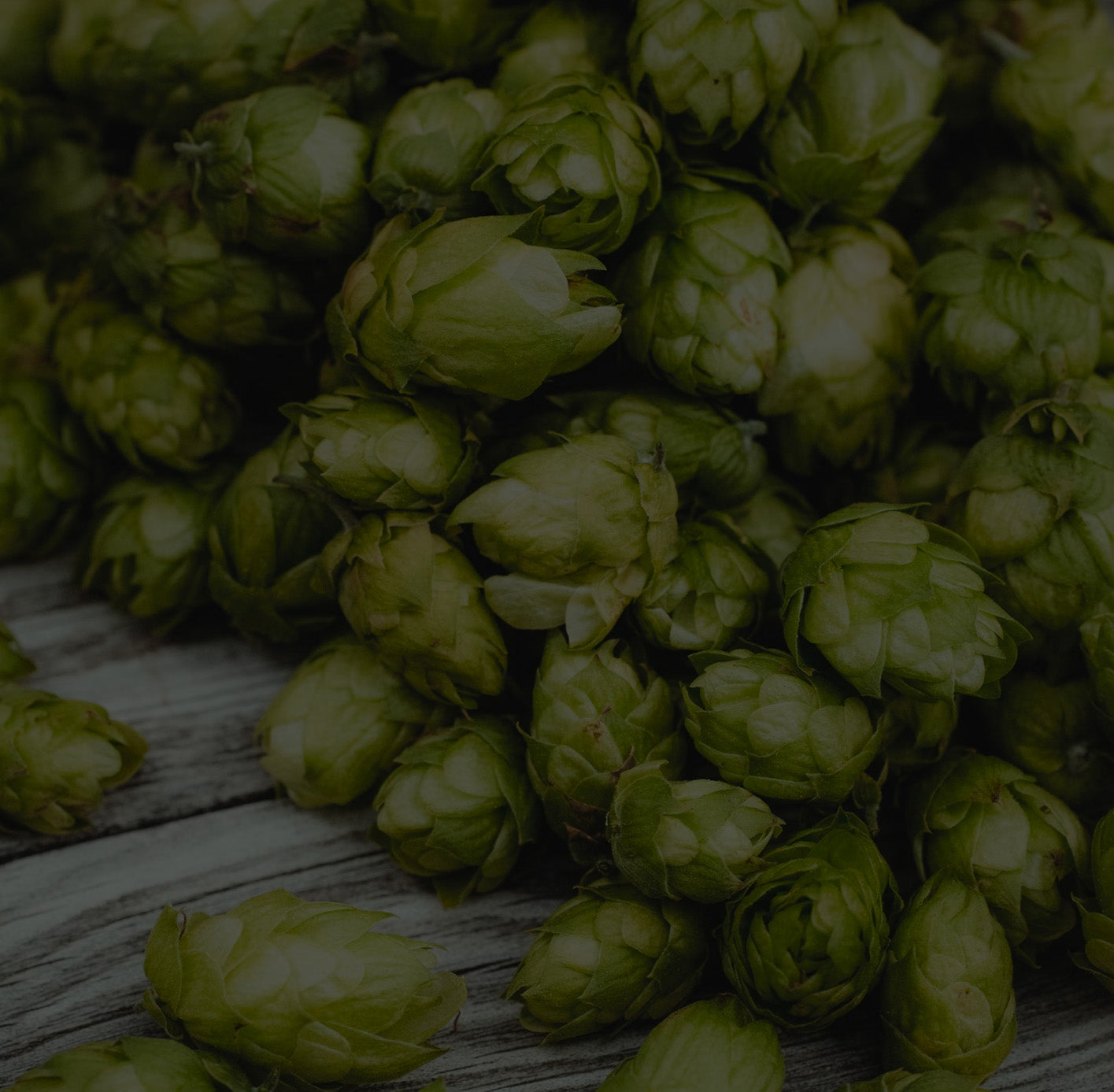
1. Making Moonshine is Illegal
It's true, federal law prohibits distillation of alcohol without the proper permits, even if it's just for personal use. Only commercial distillers can legally distill alcohol for consumption. Each state also has its own set of laws, which vary considerably. Although, there is a federal fuel alcohol permit available. Some states offer fuel alcohol permits as well. Some people will need both depending on what state they live in. A fuel alcohol permit allows the permit holder to distill alcohol for fuel purposes. No matter what, it is illegal to distill alcohol at home for consumption.
For those that are curious about federal and state laws on making moonshine, make sure to check out an article we wrote a while back where we answer the question, "Is it Legal to Make Moonshine?"
2. Many Have No Idea What They Are Doing
Distilling isn't rocket science, but it does involve science and if one isn't careful, it could involve a rocket explosion as well. It's best to leave complicated stuff like this to the professionals. However, if you're curious how an actual professional distiller would make a commercially available product, like Ole Smokey Moonshine, for example, read our "How to Make Moonshine" article.
3. Explosions
We weren't joking about the rocket explosion in that last part. Alcohol vapor is explosive; that's a fact. For those that don't believe us, watch this video featuring an alcohol vapor explosion.
Several scenarios could cause alcohol vapor to combust during the operation of a still. 1. The still could get clogged up, and with enough heat and pressure it's possible that it could explode. According to our sources (depending on what kind of still is being used) the top will just pop off before an explosion occurs. Nevertheless, it's a real concern and one must always keep a careful eye on things during the distillation process. 2. A vapor leak in a still could fill an enclosed space with alcohol vapor. A flash heat source could ignite the vapor, and boom, shake the room. For both of these reasons, one should never distill alcohol in enclosed areas. For more safety tips, read this article on safety tips for moonshiners.
4. Drinking Moonshine Will Make People Go Blind
During fermentation, yeast turn sugar into alcohol. The vast majority of the alcohol produced by the yeast is ethanol, which is the good stuff. However, a tiny bit of bad stuff (methanol) is produced too. This happens whether one is fermenting beer, wine, or a mash for making whiskey. There is literally a tiny bit of methanol in all of that stuff, and 5 gallons of beer should contain roughly the same amount of methanol as 5 gallons of whiskey wash (before it is distilled). However, during the distillation process, the volume of methanol has a chance to be concentrated, and if there is enough of it (and somebody drinks it) they could become ill, go blind, or even die.
The possibility of methanol poisoning is why commercial distillers always discard "foreshots" at the beginning of their distillation run. Methanol has a slightly lower boiling temperature than ethanol, and a much lower boiling temperature than water. This means that when a still starts producing liquid, the first bit that comes out could contain methanol. This portion of the run should be either thrown away (and not consumed) or evenly mixed in with the rest of the run. That's how good commercial distilleries do it.
We kind of touched on the basics, but some might still want more info. Check out this link to learn more about how much methanol to discard - "Does moonshine cause blindness?"
5. Making Moonshine Takes a Long Time
This is no exaggeration. When commercial moonshine is made right, it takes a long time. Making a mash can take an entire day. Fermentation takes a few weeks. The actual distilling process varies depending on the size of the still used, but it can take an entire day to distill a 10 gallon batch of mash on a small still.
Remember, it is illegal to distill alcohol at home for consumption. Do not do this.






Leave a comment